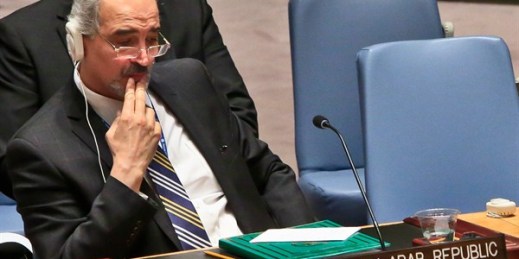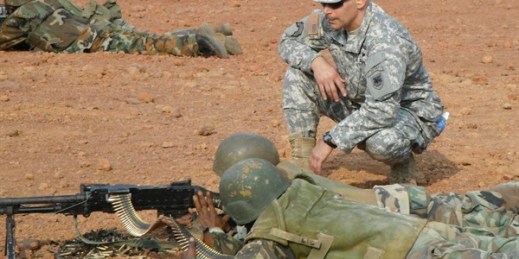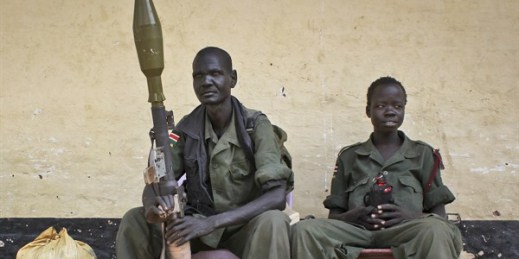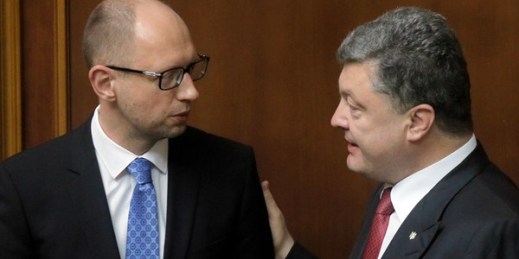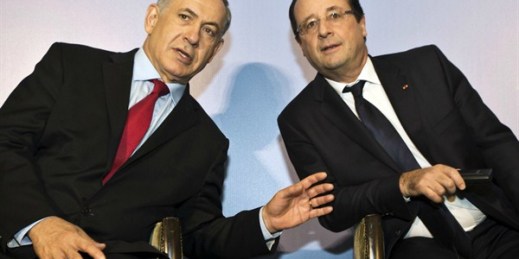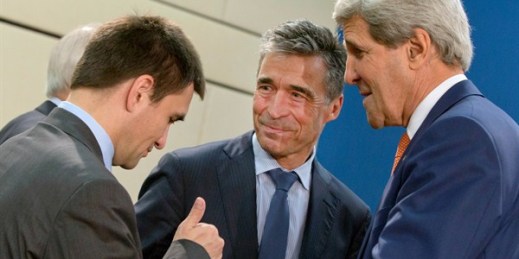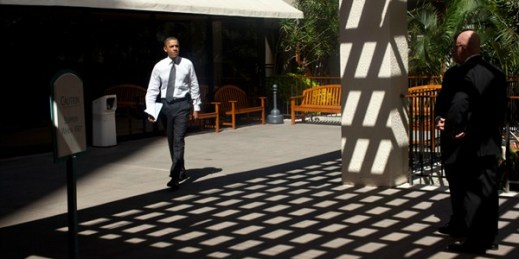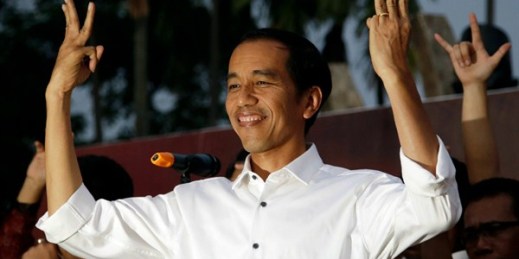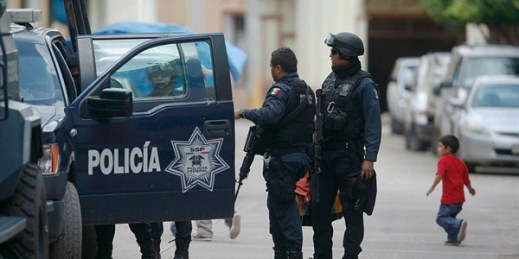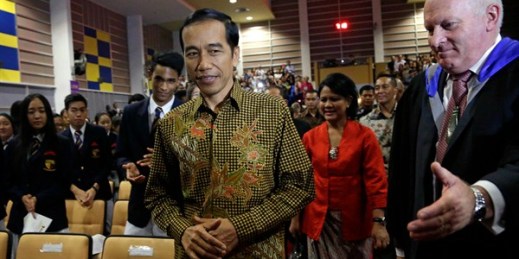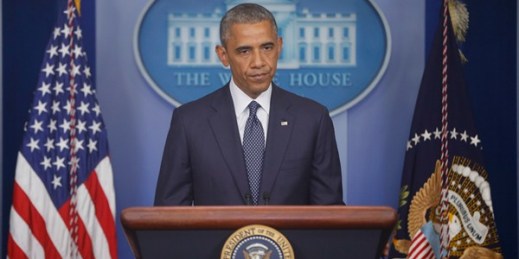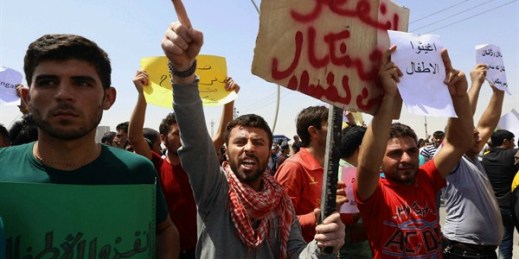
Last June, when Iraq’s second-largest city, Mosul, abruptly fell to a militia of ultra-radical Islamists barreling in from Syria, the consensus among international observers was that the stunning collapse of Iraqi forces was the result of Iraqi Prime Minister Nouri al-Maliki’s disastrous policies. Maliki’s sectarian regime had undermined the Iraqi military’s unity, preparedness and willingness to fight. To be sure, Maliki’s governing approach has proved devastating for Iraq, but events of the past few days point to a much more ominous explanation. The new evidence coming from the Kurdish regions of northern Iraq suggests that Baghdad’s dismal response to the […]

